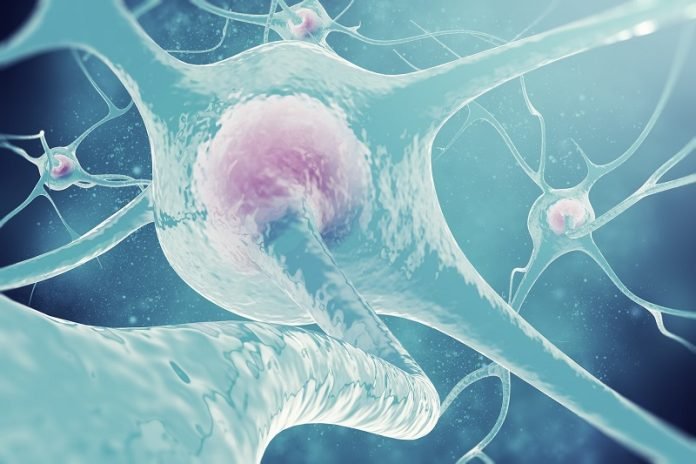
Dementia is a condition that affects millions globally, marked by a decline in cognitive abilities like memory and reasoning.
Despite extensive research, the exact causes of dementia remain elusive, and there’s no known cure. However, recent studies are uncovering more about how dementia develops, offering hope for future treatments.
Astrocytes: A New Focus in Dementia Research
Scientists at Weill Cornell Medicine have conducted a study that brings new attention to astrocytes in the brain. Previously thought to play just a supporting role, these non-neuronal cells are now seen as crucial in brain health.
The study reveals that when astrocytes malfunction, memory loss can occur even if neurons and other brain cells are healthy.
Key Findings: Protein Build-Up and Memory Loss
Researchers found that people with dementia often have a buildup of a protein called TDP-43 in their astrocytes, particularly in the hippocampus – the brain’s memory center.
This accumulation may trigger abnormal immune responses and memory loss. Experiments with mice and lab-grown brain cells showed that TDP-43 build-up in astrocytes led to memory decline without affecting other behaviors.
Immune Activity and Cognitive Deficits
The study noticed unusually high antiviral gene activity in astrocytes and increased production of immune messengers known as chemokines.
These activated chemokine receptors on neurons, making them “hyperactive” and leading to cognitive problems. This suggests that abnormal immune responses in astrocytes are enough to cause cognitive issues in dementia.
Potential for New Treatments
This discovery could pave the way for new dementia treatments that focus on reducing excess immune activity in astrocytes. Drugs targeting these immune pathways could improve cognitive functions in people with dementia.
Some of these drugs are already being tested for other inflammatory conditions and could be repurposed for dementia treatment.
Preventing Cognitive Decline: Strategies for a Healthier Brain
While aging naturally affects cognitive abilities, there are ways to slow down or prevent this decline:
Stay Physically Active: Regular exercise boosts brain function and reduces the risk of dementia. It increases blood flow to the brain, promoting new cell growth and improving cardiovascular health, a known factor in dementia risk.
Eat Healthily: A diet rich in fruits, vegetables, whole grains, and healthy fats is linked to better cognitive function. The Mediterranean diet, in particular, is associated with a lower risk of cognitive decline.
Keep Your Brain Engaged: Mental stimulation through activities like reading, puzzles, or learning new skills helps maintain cognitive function.
Maintain Social Connections: Social activities can keep the brain active and reduce the risk of cognitive decline.
Ensure Adequate Sleep: Quality sleep is crucial for memory consolidation and overall brain health.
Manage Stress: Chronic stress negatively affects the brain. Techniques like meditation or spending time in nature can help manage stress levels.
Control Chronic Health Conditions: Managing conditions like diabetes, hypertension, and heart disease through lifestyle changes and medication can reduce the risk of cognitive decline.
Conclusion
The study from Weill Cornell Medicine, along with these strategies for preventing cognitive decline, offers valuable insights and hope in the fight against dementia.
By understanding the role of astrocytes and adopting healthy lifestyle habits, we can work towards better brain health and potentially reduce the impact of dementia.
If you care about brain health, please read studies about how the Mediterranean diet could protect your brain health, and blueberry supplements may prevent cognitive decline.
For more information about brain health, please see recent studies about antioxidants that could help reduce dementia risk, and Coconut oil could help improve cognitive function in Alzheimer’s.
Copyright © 2023 Knowridge Science Report. All rights reserved.



